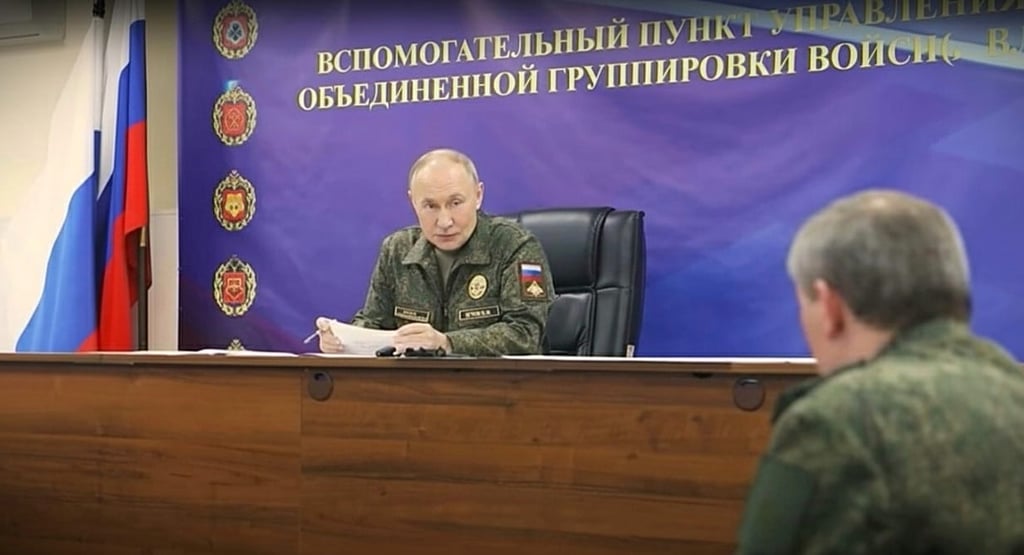Russia Successfully Tests Nuclear-Powered Burevestnik Cruise Missile – A Game-Changer in Global Defense
Russia confirms the successful test of its nuclear-powered Burevestnik cruise missile on 21 October 2025, marking a major leap in global defense technology.
Raja Awais Ali
10/26/20252 min read


Russia Successfully Tests Nuclear-Powered Burevestnik Cruise Missile
Russia has officially announced the successful test of its latest nuclear-powered cruise missile, Burevestnik (NATO codename: SSC-X-9 Skyfall).
The test took place on October 21, 2025, during which the missile reportedly flew for nearly 15 hours, covering a distance of around 14,000 kilometers, confirming its long-range nuclear propulsion capability.
President Vladimir Putin hailed the missile as a “unique weapon unlike anything else in the world.” Russian Chief of General Staff Valery Gerasimov stated that the test demonstrated Burevestnik’s nuclear propulsion and low-altitude flight path, allowing it to evade modern radar and air defense systems with exceptional precision.
The name ‘Burevestnik’ is derived from the Russian word for the seabird known as the storm petrel.”
It is a ground-launched, nuclear-capable cruise missile designed to deliver strategic strikes at virtually unlimited range. According to Russian officials, this missile represents a technological breakthrough that enhances Moscow’s ability to bypass global missile defense systems and secure deterrence superiority.
Putin emphasized that the modernization of Russia’s strategic nuclear forces is “far ahead of any other nuclear power.” Defense analysts suggest that this missile could alter global power dynamics, given its near-limitless range and unpredictable flight patterns.
However, Western defense experts have voiced concerns over the safety and practicality of such weapons. Analysts warn that nuclear-powered propulsion poses environmental risks and could lead to radioactive contamination if a test or mission fails.
This development comes amid the ongoing Russia-Ukraine conflict and rising tensions with the West. Many observers fear that the Burevestnik test may reignite a new nuclear arms race, challenging global stability and strategic balance.
The United States and NATO members have expressed concern over Moscow’s move, while Russia insists that the missile is part of its defensive deterrence strategy, not an offensive threat.
In conclusion, the successful test of the Burevestnik missile marks a historic milestone in Russia’s military evolution. It reinforces Moscow’s commitment to advancing next-generation nuclear technologies and reshaping the future of global defense. As the world reacts, one thing is clear: the nuclear arms race has entered a new, uncertain era where advanced propulsion and stealth redefine modern warfare.
Stay informed with the latest national and international news.
© 2025. All rights reserved.